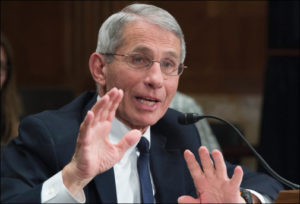 Volume 405, Issue 10477
Volume 405, Issue 10477
8 February 2025
WORLD REPORT After just 3 weeks in the White House, US President Donald Trump’s executive orders have caused chaos and concern—and now, resistance. Susan Jaffe reports from Washington, DC.
“There’s nothing unusual about an executive order”, said Professor Emeritus Laurence Tribe, an expert in constitutional law at Harvard Law School. “What is unusual is for the President of the United States to say, ‘I can do anything I want, as long as I package it in an executive order. I can exercise not only the power to enforce the laws, which is basically what the executive branch does, but also the power to ignore law.’ ” Lawsuits have been filed to block executive orders affecting federal funding, workforce protections, closing the US Agency for International Development, and information on government websites including the Center for Disease Control and Prevention.[Full article here, includes links to updates on legal actions and executive orders.]
…

 president of the United States on January 20, 2018, the federal government ground to a shutdown and hundreds of thousands of women and their supporters rallied against the new president in dozens of cities across the country.
president of the United States on January 20, 2018, the federal government ground to a shutdown and hundreds of thousands of women and their supporters rallied against the new president in dozens of cities across the country. 

